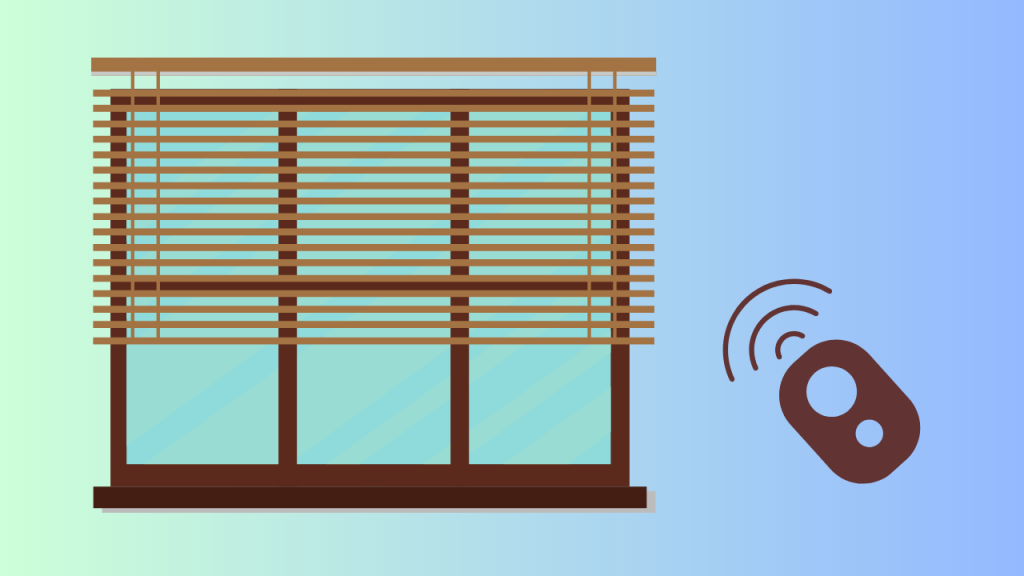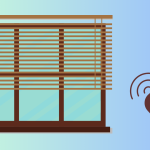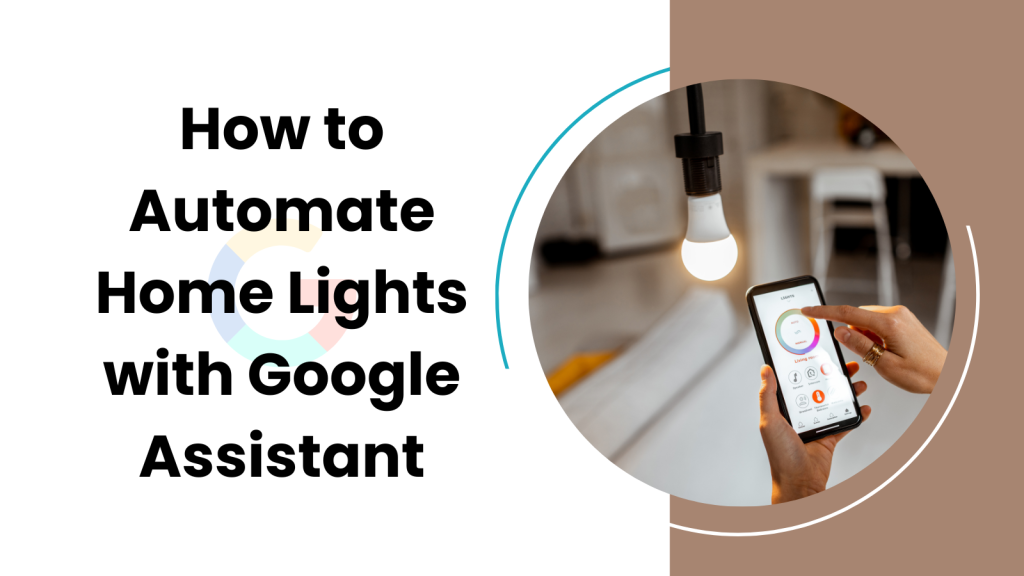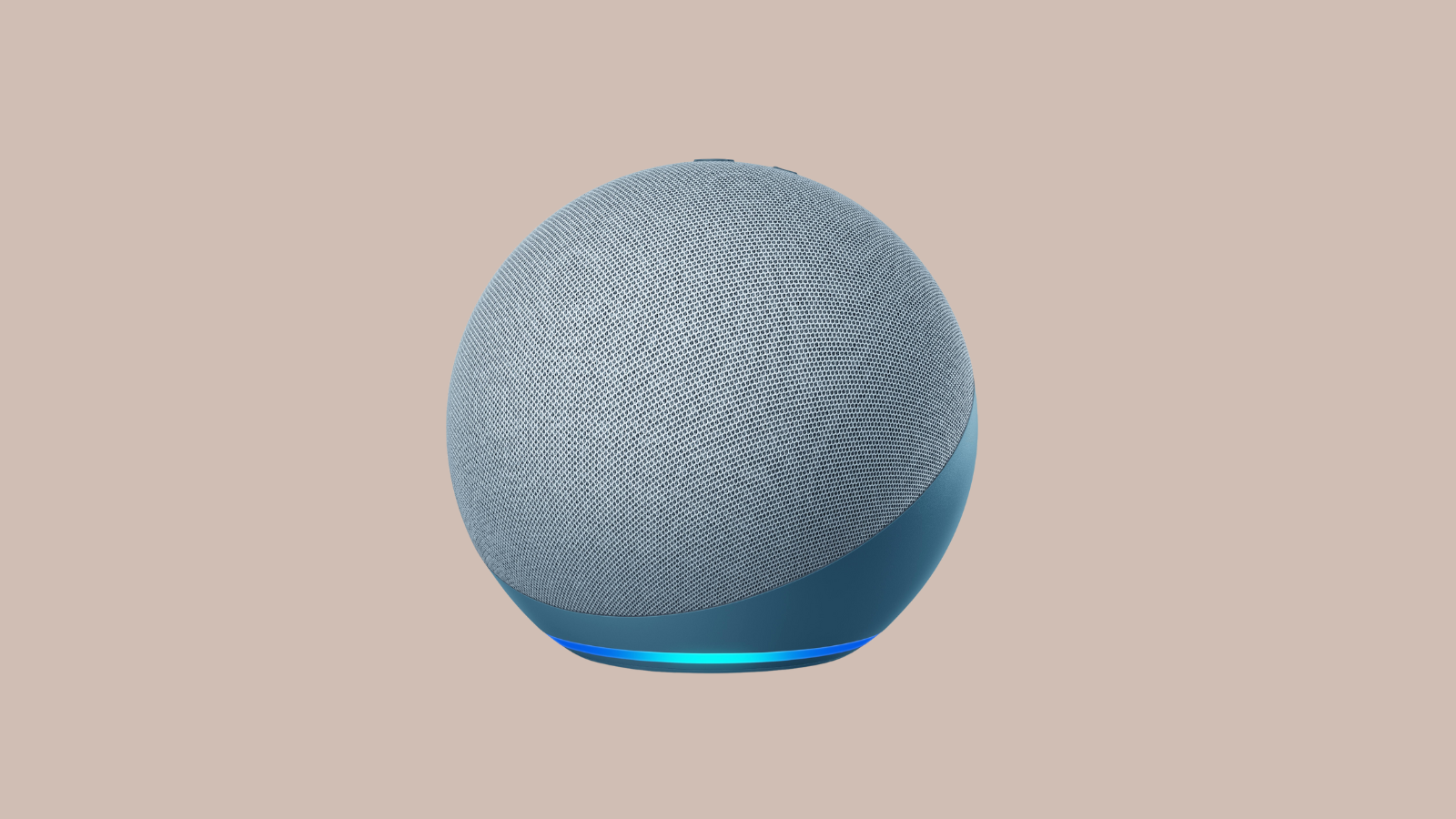
The Echo Dot 4 is a hit in many homes. Its great sound and small design make it a top choice.
But here’s something you might not know: you can change how it sounds. And that’s great news for folks who love movies or enjoy jamming to songs.
Changing the equalizer settings can make a big difference in what you hear.
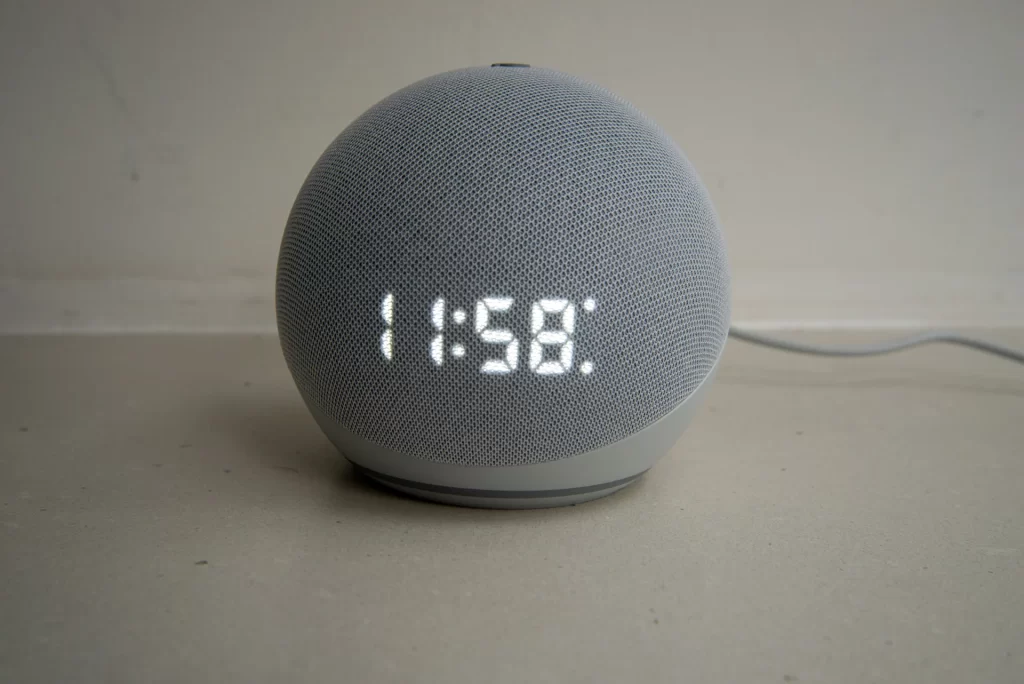
Are you ready to make your Echo Dot 4 sound even better? With a few tweaks here and there, you can boost the sound for movies, songs, or even audiobooks.
Let’s get into the details and make every sound moment worth it.
Can I adjust the equalizer on Echo dot?
Yes, you can! The Echo Dot allows you to fine-tune the sound that comes out of it. The built-in equalizer lets you adjust the bass, midrange, and treble to your preference. So, if you ever feel the need to get the best out of your Echo Dot’s sound, you certainly have the tools at your fingertips.
How to adjust the equalizer on Echo dot?
Adjusting the equalizer on your Echo Dot is a breeze.
Here’s a step-by-step:
- Open the Alexa app on your phone or tablet.
- Go to the “Devices” tab.
- Pick your Echo Dot from the list.
- Tap on “Audio Settings”.
- Here, you’ll find sliders for bass, midrange, and treble. Slide them to adjust.
And that’s it! Play around to see what sounds best to you.
Best Equalizer Settings for Echo Dot 4
This setting can be a solid starting point. From here, you can tweak according to what sounds best in your room or for the type of music you listen to.
Basic Equalizer Settings for Echo Dot 4
Bass: +2: Boosting the bass gives a fuller sound, especially for songs with deep beats.
Midrange: 0: Keeping the midrange neutral ensures vocals and instruments are clear and true to the original sound.
Treble: +1: A slight boost to the treble can provide clarity, especially for songs that have a lot of high-frequency sounds.
For Watching Movies
- Bass: +3: Movies often have deeper sound effects, like explosions or intense background scores. A boost in bass ensures you don’t miss out on that theater-like experience.
- Midrange: +1: This helps in bringing out the dialogues and ensuring they don’t get muffled amongst the various sounds.
- Treble: -1: Dialing down the treble a bit helps to reduce the sharpness of certain effects, making it comfortable for extended watching.
For Pop & Electronic Songs
- Bass: +2: Pop and electronic tracks often have a significant bass component which, when enhanced, can make you feel the rhythm more.
- Midrange: 0: Keeps the vocals clear.
- Treble: +2: Boosting the treble brings out the clarity in synthesizers and high hats.
For Classical Music
- Bass: 0: Classical music often has a balance of instruments, so keeping the bass neutral works best.
- Midrange: +2: This emphasizes the various instruments and the intricacies in their sound.
- Treble: +1: A slight treble boost can help in capturing the high notes from instruments like violins.
For Rock & Metal Songs
- Bass: +1: Rock and metal tracks have a powerful guitar and drum presence.
- Midrange: +2: To capture the raw energy of the vocals and the electric guitar riffs.
- Treble: 0: Keeping the treble neutral ensures the high-pitched guitar solos don’t sound too sharp.
For Podcasts & Audiobooks
- Bass: -1: A slight reduction can make spoken words clearer.
- Midrange: +3: Boosting midrange focuses on the human voice range, ensuring clarity in dialogues and narration.
- Treble: -1: Reducing treble ensures sibilance (sharp ‘s’ sounds) in speech is not emphasized too much.
How to increase the bass on my Echo Dot 4th generation?
Want a richer sound from your Echo Dot? Increasing the bass is the way to go.
- Open up the Alexa app.
- Navigate to the “Devices” section.
- Find and select your Echo Dot 4.
- Tap “Audio Settings”.
- Slide the bass slider to the right to increase.
The more you increase, the deeper the sound will be.
Final Words
With these tweaks, every note, beat, and dialogue comes alive in a way you’ve not heard before. So, go on, let your Echo Dot play to its strength, and enjoy the richness it can offer. If you found any other equalizer settings, please share them in the comment section
